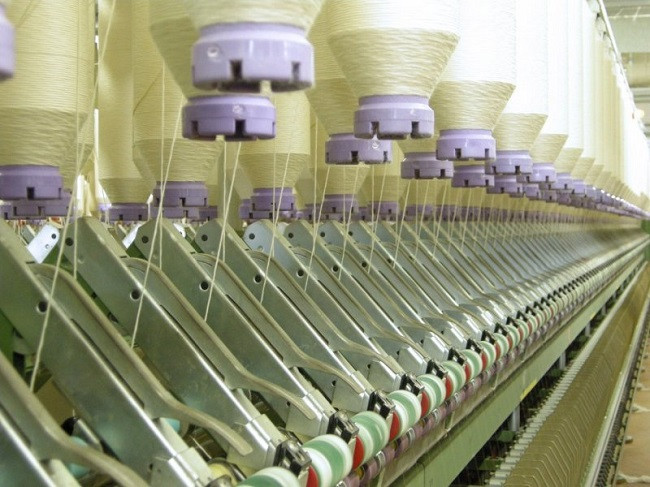Textile millers of Bangladesh have asked for policy support from the central bank, including concessions on loan installments, extensions on repayment periods, and an increase in the Letter of Credit (LC) limit.
A letter was sent to the Bangladesh Bank on 6 December by the Bangladesh Textile Mills Association (BTMA). The letter sought a two-year extension on loan repayment periods, which the BTMA had previously extended during the pandemic.
As the textile millers are grappling with the combined challenges of the current economic downturn and the devaluation of taka, they requested an increase in their Letter of Credit (LC) limit as well as permission to exceed their single Borrower Exposure limit if it occurred after the requested extension.

In the letter, textile sector entrepreneurs requested a temporary reduction in loan installments, proposing to pay only 20% of term loan installments. The remaining payments should be deferred for four years as they are observing a significant contractions in production and overall business due to the current economic downturn.
Moreover, the textile sector urged the central bank to implement one of two options: either establish a consistent exchange rate for US dollars applicable to both export and remittance transactions or entirely deregulate the exchange rate and allow it to fluctuate freely on the market.
“It would not be possible for the local textile mills to sustain in such a situation if the mills do not get proper incentives and policy supports,” BTMA President Mohammad Ali Khokon said in the letter.
“While the government’s stimulus package helped us initially overcome the impact of the pandemic, our operations have been plagued by uncertainty for the past several months due to the combined challenges of the Russia-Ukraine war, the global economic crisis, the dollar crisis, and local political instability.”
The recent surges in the prices of gas, electricity, transportation, and other raw materials have significantly hampered our competitiveness and export capacity, making it increasingly difficult to compete in the global market, Khokon said.
The 150% increase in gas prices coupled with a 50% rise in workers’ wages has significantly inflated the overhead costs of textile mills, making it difficult to maintain profitability. In many cases, mills are operating at break-even, with some even incurring losses.
In January last year, the Bangladesh Bank reduced the limit of loans provided by any bank to a single person or organization to 25% of its total regulatory capital from the previous 35%.
Under the rules, no bank will be allowed to provide more than 15% funded and more than 10% non-funded loans to a person or an organization.
The banks which have defaulted loans below 3% will be able to provide large loans up to a maximum of 50% of total capital. Those with less than 5% defaulted loans will be able to provide up to 46% large loans, those with less than 10% will be able to provide 42%, and those with less than 15% defaulted loans will be able to provide 38% large loans, according to the central bank circular.
In addition, banks with less than 20% defaulted loans will be able to provide large loans worth 34% of the capital, and banks with 20% or more defaulted loans will be able to provide 30%.
















